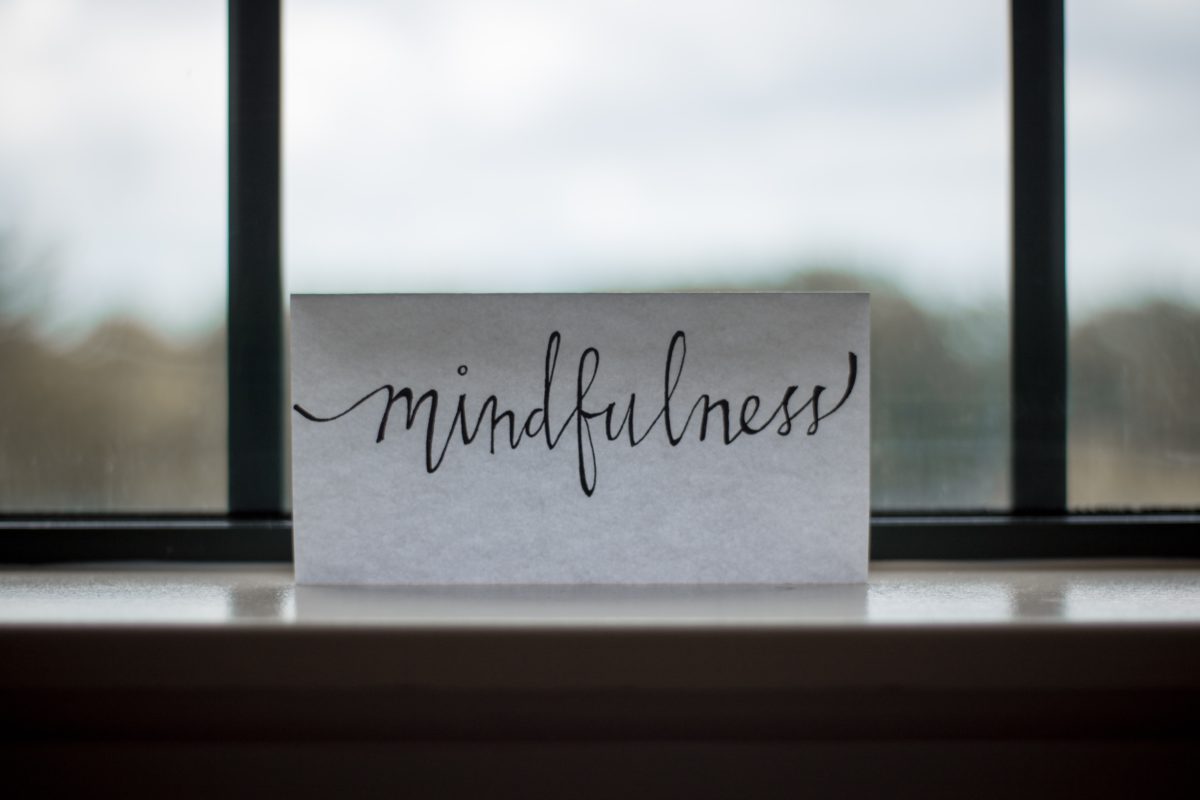
The Mindfulness Skill That Is Crucial for Stress
- October 18, 2020
- Marketing Team
Life can be stressful. Whether it’s the stress that comes with having too much work to do in too little time, fulfilling caregiving obligations, or dealing with a major illness or setback, sometimes it can be hard to cope.
In response to stress, many people today are turning to meditation or mindfulness apps. But not all mindfulness practice is equally effective for combatting stress, a new study suggests. It’s possible that some of our practices may be missing a vital ingredient: acceptance.
In a study, researchers randomly assigned 150 stressed adults of various ages and ethnicities to one of two programs. Half the group took part in an 8 week Mindfulness-Based Stress Reduction (MBSR) course, where they learned to mindfully pay attention to their present-moment experiences in an accepting, non-judgmental way, and the other half took part in an MBSR course without learning the technique of acceptance. The courses included many lessons, for example, how to pay attention to your breath and your body sensations, and how to eat food or take a walk mindfully, as well as practice time outside of class. Before, during, and afterwards, participants reported five times daily about how stressed they felt in the moment and whether they’d experienced a stressful event since their last report.
Though both of the groups experienced less stress and fewer incidents of feeling stressed over time, the people who took the full MBSR course which included ‘learning about acceptance’, had a significantly steeper improvement than the other group.
The study proved that learning how to accept your present-moment experience is really important for reducing stress and is a key element of mindfulness training.
Mindfulness practices that specifically emphasise acceptance, teach us a non-judgmental attitude toward our experiences, meaning, learning not to label our thoughts, feelings, or experiences as good or bad, and trying not to change or resist them in any way. While many mindfulness courses include instructions in acceptance as par for the course, those that don’t may not be as effective.
Why might acceptance be so important?
When people accept difficult experiences like stress, it allows the experiences to ‘run their course’ and dissipate, while resisting them only makes them stronger. And accepting stress helps people to stop focusing only on what’s wrong and to notice other feelings, sensations, and thoughts occurring at the same time, enabling them to see the ‘bigger picture’.
Acceptance is not about acquiescing to your fate but about accepting your internal experience, your thoughts and feelings, which informs you about how to respond to your external circumstances in a wiser and calmer way. For example, if you feel angry and accept your anger in the moment, it may prevent you from lashing out at someone and help you see that your feelings are not their fault.
Most people find it hard to accept their unpleasant thoughts and feelings, but practicing mindfulness with acceptance allows you to learn techniques that can help. For example, teaching people to name their feelings or thoughts in a calm, gentle tone, can promote more acceptance, as can practicing self-compassion.
It is clear to see that practicing acceptance helps reduce our stress more than simple mindful awareness exercises.
We hope you have a calm and stress-free week.







